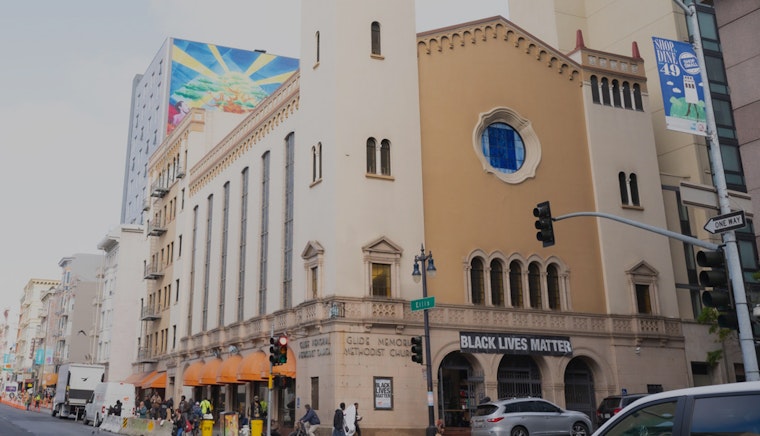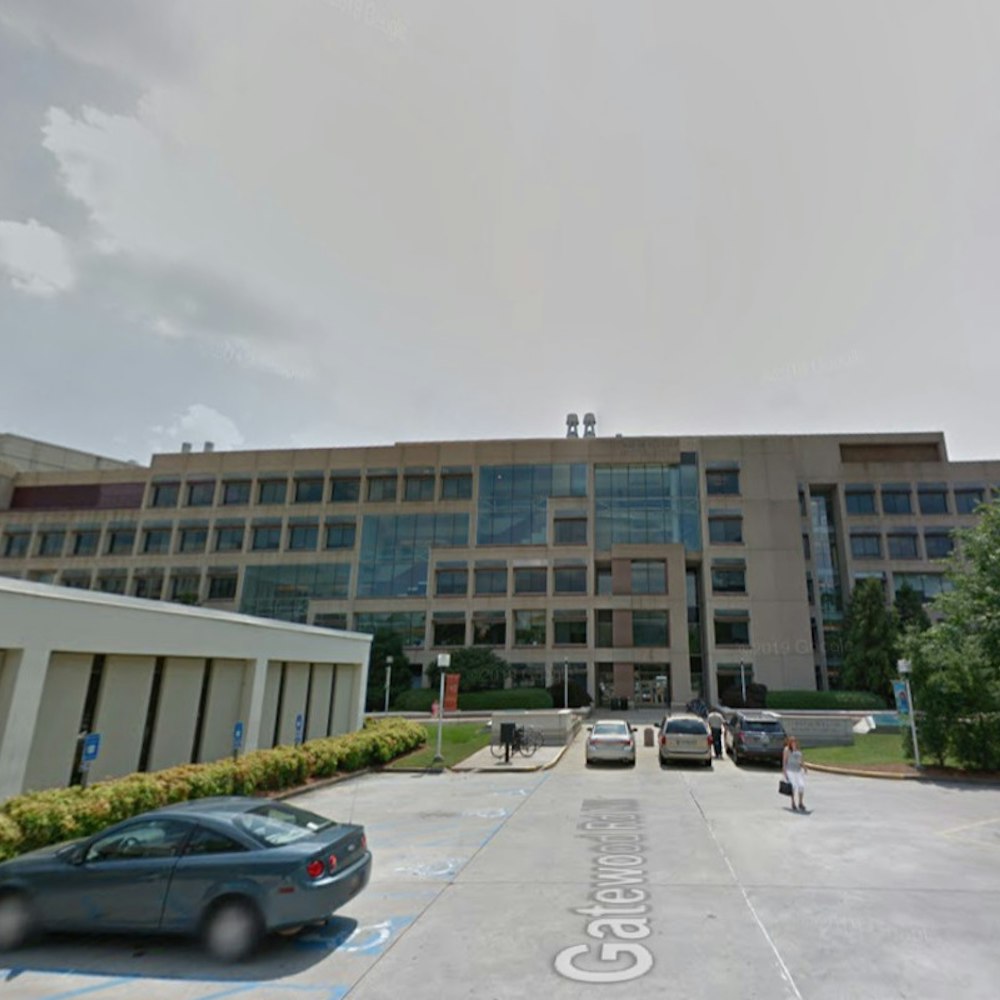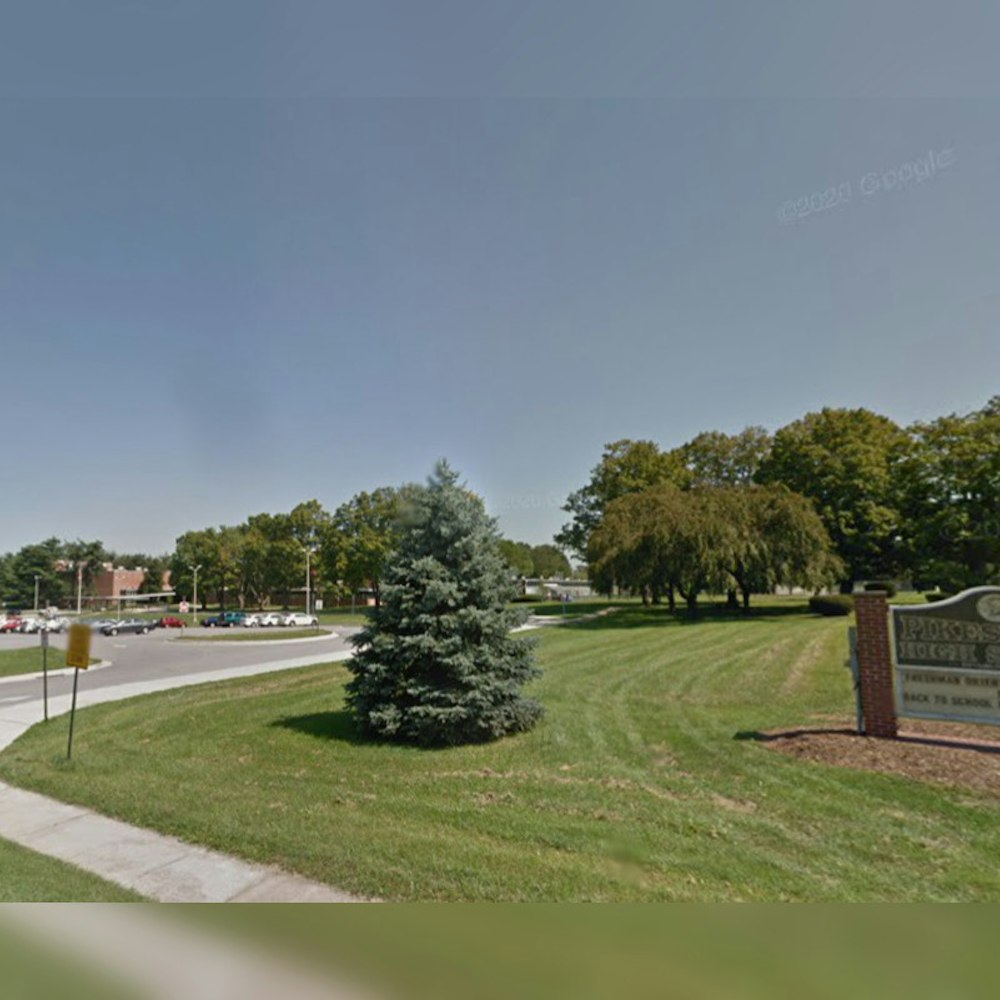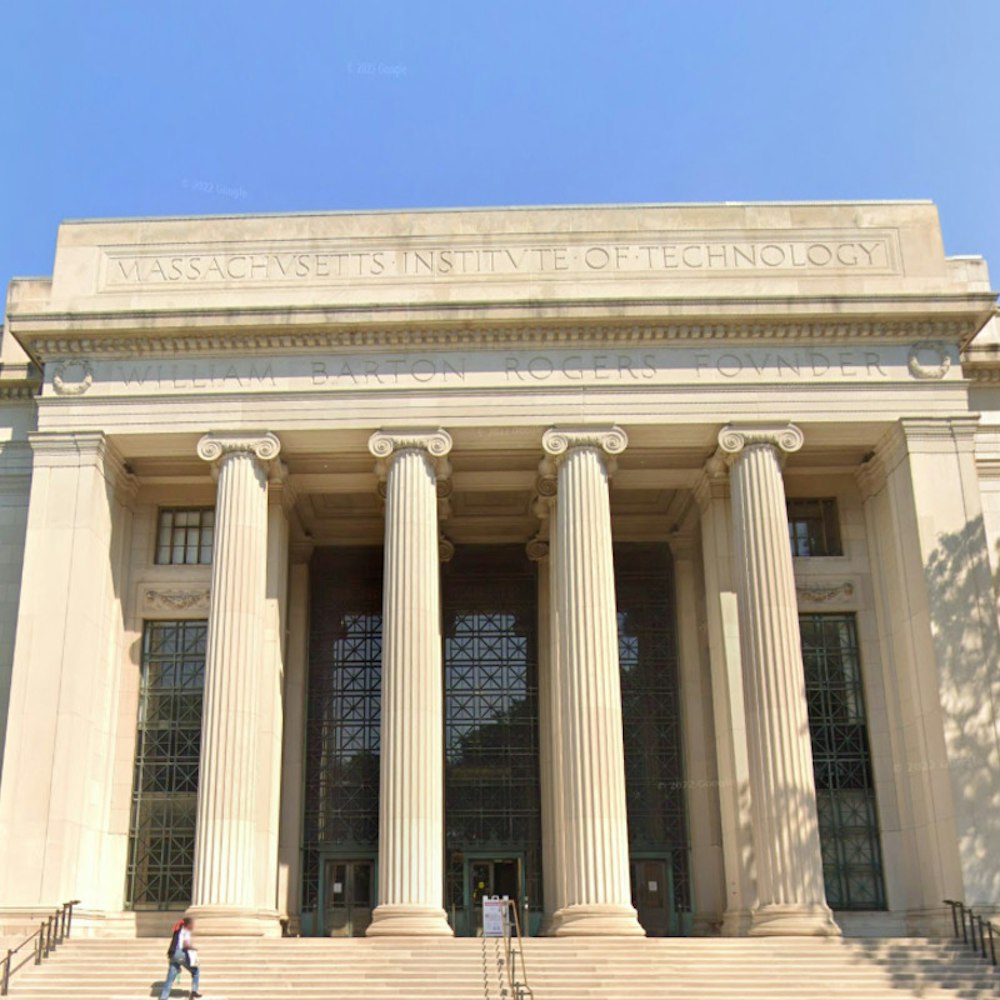
Following a two-year legal fight that began with the Methodist Church suing the Glide Foundation for control of its considerable assets, Glide Memorial Church announced Wednesday that it is cutting ties with the larger church under which it was founded, in order to proceed independently into the future with its charitable and spiritual work.
"Today, we are pleased to announce that GLIDE and the California-Nevada Annual Conference of the United Methodist Church (CNAC) have reached a successful agreement that will allow GLIDE and CNAC to move forward as wholly separate and autonomous organizations," says Glide's President and CEO Karen Hanrahan in a statement. "Although it will bring an end to many decades of a unique partnership, this resolution brings clarity and fortifies GLIDE’s mission of transforming lives with a radically inclusive, transparent and rigorous organization and a spiritual community that is open and welcoming to all."
Glide has been a well-loved institution in the heart of the Tenderloin for a century. Under the leadership of Reverend Cecil Williams beginning in the mid-1960s, the church began embracing gospel-singing and a more non-denominational ethos of inclusivity, and began its charitable traditions that include free meals for the needy in the neighborhood.
As SF Weekly reported in December 2018, Bishop Minerva Carcaño of the United Methodist Church claimed the church was making efforts to undermine the original Methodist mission set forth by founder Lizzie Glide — an heiress to a cattle industry fortune who deeded the property to the Glide Foundation in 1929. But the motives of the national church may have been, at least partly, financial — with Glide being one of the most successful congregations in California with tens of millions in donations every year, and the Methodist Church facing declining congregation numbers overall.
Bishop Carcaño accused Rev. Williams — who remains on the Glide Foundation board after retiring in 2000 — and the rest of the foundation's board of "corruption" in its leadership. And in an email to Methodist pastors, derided the fact that the "great majority of the participants at Glide’s Sunday Celebrations claim other faiths, such as Jewish, Buddhist, Muslim, and Wiccan."
The Glide Foundation said Carcaño was angling for a "hostile takeover" of the church, which the foundation believed it owned outright — and which the national church also claimed ownership of.
Glide moved to remove Bishop Carcaño from the foundation board in the summer of 2018, and that move was followed by the lawsuit. The language of the suit, which sought control of Glide's assets, said, "In its shameful attempt to disaffiliate from the Methodist Church, the Glide Foundation breached its solemn, irrevocable promises to honor [Lizzie] Glide’s wishes."
A settlement has now apparently been reached, and it didn't come without a payout to the Methodist Church.
According to the terms released Thursday, Glide gets to proceed as an independent entity, and retain full ownership of the property at 330 Ellis Street. But they're tossing a onetime payment of $1.5 million to the CNAC, as well as transferring a $4.5 million fund over to the Methodist Church, which has grown out of Ms. Glide's original donation, and was "a restricted fund that [was] established nearly 100 years ago in large part to advance Methodist teachings." The CNAC is also free to establish a new church in San Francisco, if they care to, under the J.H. Glide name.
But, as the official statement puts it, "GLIDE will remain GLIDE — we retain our name and legal entity; our programs, services and advocacy will continue uninterrupted; and we will maintain our church and spiritual community, welcome to all and unaffiliated with the United Methodist Church."
"In the midst of a global pandemic and a growing national movement for social justice, GLIDE’s work has never been more important — or more in demand," says Hanrahan. "We are implementing an ambitious strategic plan that allows us to reach more people and get better results as we fight systemic injustices, create pathways out of poverty, and transform lives."


-2.webp?w=1000&h=1000&fit=crop&crop:edges)






